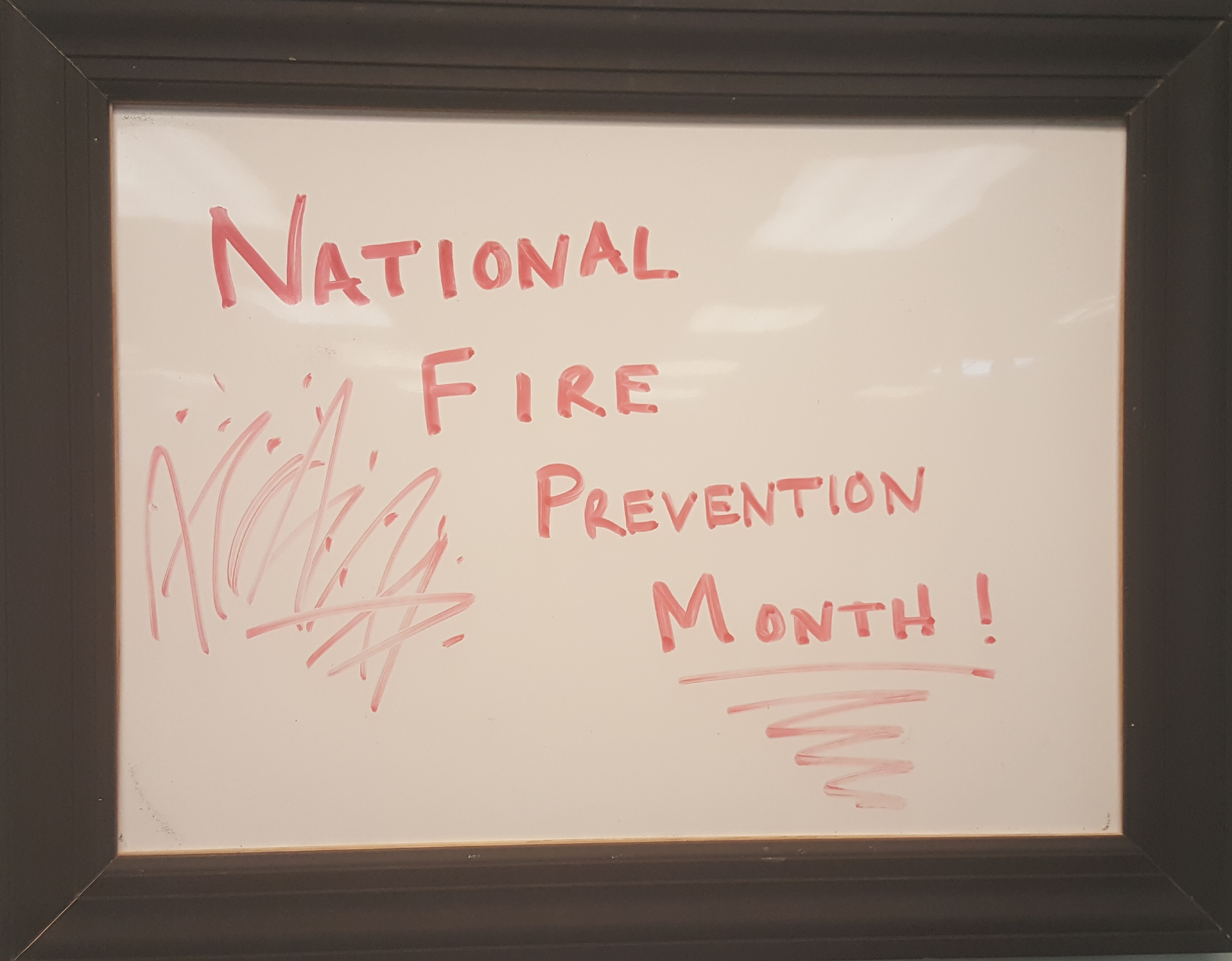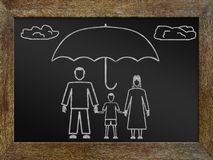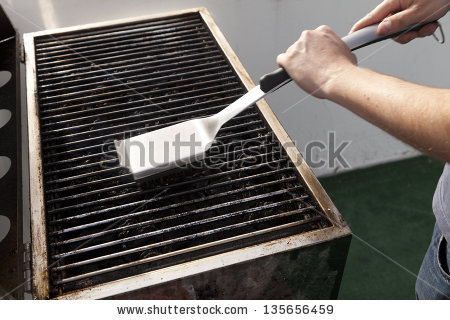When it comes to hurricanes, there are many terms used to describe their levels of strength, and the effect one can expect with it.
Here is what to listen for:
Hurricane Watch: An announcement that hurricane conditions (sustained winds of 74 mph or higher) are possible within the specified area in association with a tropical, subtropical, or post-tropical cyclone. During a watch, prepare your home and review a plan for evacuation in case warnings are issued.
Tropical Storm Watch: An announcement that tropical; storm conditions (sustained winds of 39 to 73 mph) are possible within a specified area within 48 hours in association with a tropical, subtropical or post tropical cyclone. During a watch, prepare your home and review a plan for evacuation in case warnings are issued.
Hurricane Warning: An announcement that hurricane conditions (sustained winds of 74 mph or higher) are expected somewhere within the specified area in association with a tropical, subtropical, or post-tropical cyclone. Because hurricane preparedness activities become difficult once winds reach tropical storm force, the hurricane warning is issued 36 hours in advance. The warning can remain in effect when dangerously high water or a combination of dangerously high water and waves continue, even though winds may be less than hurricane force.
Tropical Storm Warning: An announcement that tropical storm conditions (sustained winds of 39 to 73 mph) are expected somewhere within the specified area within 36 hours in association with a tropical, subtropical, or post-tropical cyclone.
Extreme Wind Warning: Extreme sustained winds of a major hurricane (115 mph or greater), usually associated with the eyewall, are expected to begin within an hour. Take immediate shelter in the interior portion of a well-built structure.
Be aware that additional watches and warnings are issued to provide detailed information on specific threats such as flood and tornadoes. Local National Weather Service offices issue flash flood/flood watches and warnings as well as tornado warnings.
For more information on what damages are covered under your homeowners insurance due to a hurricane, please give us a call at (516) 249-5200.
Please be advised, flood damages are not covered under your standard homeowners insurance policy. A separate flood policy would be necessary. Call TODAY for a free quotation.










